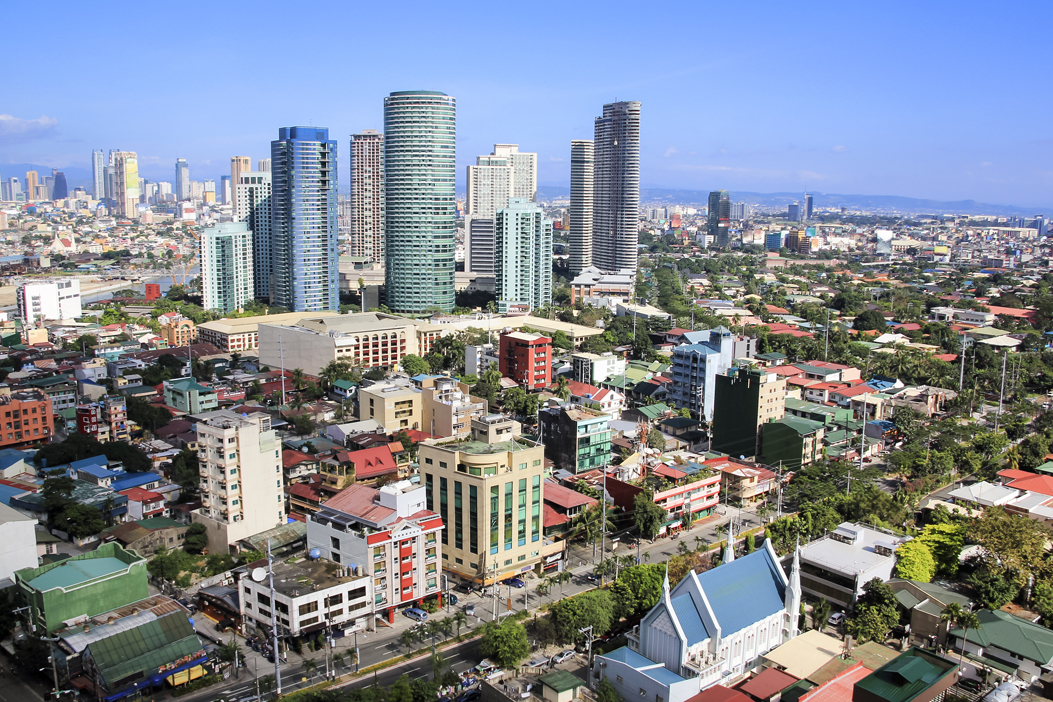The Philippines has been getting some bad press of late. Any coverage in the financial media has focused on the volatility of President Rodrigo Duterte, billed (somewhat lazily) by some as the “Asian Trump”.
But for one new company, the Philippines is viewed as a huge opportunity. First Circle is an SME lending platform that launched a month ago. Its CEO is Patrick Lynch, a Dubliner, who is joined on the board by two other Irishmen – Tim Glynn (CFO) and Tony Ennis (CTO).
The company offers short-term (generally around three months) financing to Filipino SMEs, usually exporters in the electronics, home and living and textiles sectors. The average deal value is US$10,000, priced at around 15% to 20%.
It’s a high return, but in the areas of trade finance in which they are active (short-term amortising, single bullet and credit lines), they’re not seeing much competition from the banking sector in Manila.
“We looked at the market and realised financial services was drastically underserved,” Lynch tells GTR. “You have good economic growth here and those small businesses have huge potential to grow if they’re given the right resources. It’s not a business banks are interested in. Banks are very good at their core business. They don’t need to be in small business lending other than the fact that it’s politically awkward not to do so.”
The gap in SME lending in Asia is vast and well-publicised. The Asian Development Bank (ADB) estimated the trade finance gap last year to be US$692bn in developing Asia. Largely, this deficit is in the SME sector. Banks certainly face pressure to plug this gap, but with regulatory costs mounting, these pressures are arguably unrealistic.
First Circle has partnered with a number of local Filipino banks to give them an outlet to put their capital to work, in turn earning a healthy return. The rest of their capital comes from investors, with the firm raising US$1.2mn in seed capital in a funding round in Dublin and London.
But how does an Irish financial start-up know who to lend money to in the Philippines?
“Before we started First Circle we had great success working with the Compare Asia Group [an online price comparison platform], where we met some important contacts. In the Philippines, there is information available, you just have to know where to look. It’s not a high info market, there’s no credit bureau, which would be very normal in other markets, but there are third-party data sources,” Lynch explains.
Through partnerships with Lazada Group, a Southeast Asian e-commerce platform, PhilExport, the national export association, and the Department of Trade and Industry (DTI), the company has access to both potential clients and their trading histories – giving them the knowledge to make credit decisions.
These relationships have been key in establishing the company in a market with relatively weak institutional infrastructure.
Ramon Lopez is the secretary of the DTI and has featured heavily in the international news recently for attempting to defuse the escalation in tensions between the Philippines and the US, after Duterte pledged to pivot towards China.
Domestically, however, he is known for his work with the local small business community. For years, he worked as executive director of Go Negosyo, the Philippines’ centre for entrepreneurship. This, fortuitously, has resulted in a powerful ally for First Circle: Lopez was a high-profile attendee of the company’s launch in October.
The Philippines, Lynch tells GTR, has the deepest Facebook penetration of any country in the world. According to the International Data Corporation (IDC), it is also the fastest growing smartphone market in the Asean region. These were key considerations in the decision to base their nascent company in Manila and to pitch trade finance products to Filipino SMEs.
Accordingly, tech is a crucial element to their business model: clients can apply for financing using the First Circle app, usually receiving a response within 24 hours. Fintech is arguably the dominant trend in Asian trade finance this year, but much of the focus has been on Hong Kong, Singapore, Bangkok, Shanghai and Kuala Lumpur.
If First Circle is to be successful in a country with 100 million potential users, its utilisation of tech will be absolutely crucial.







